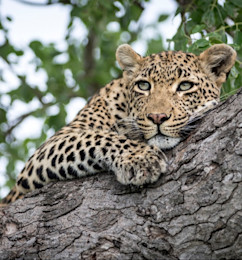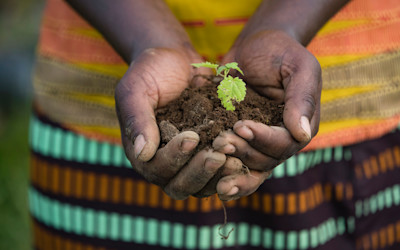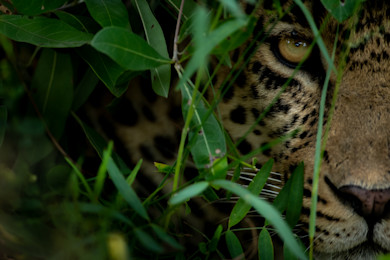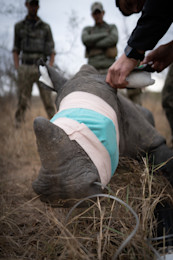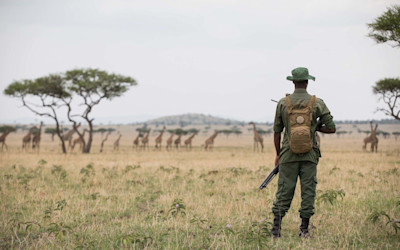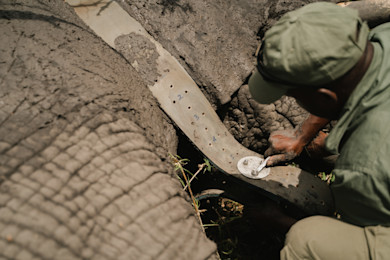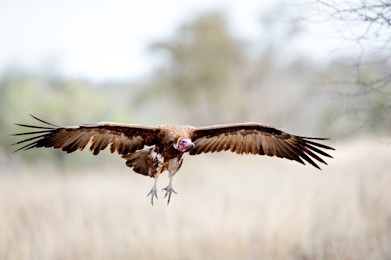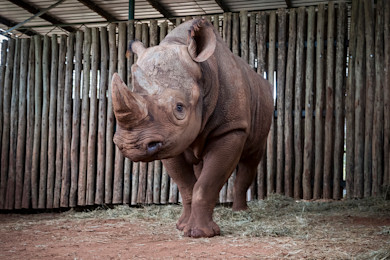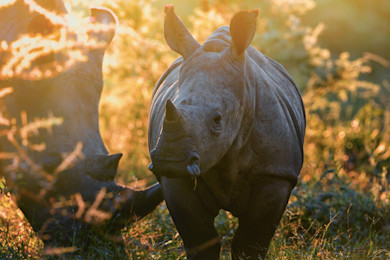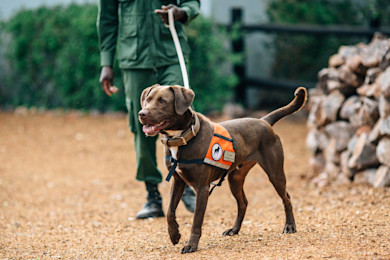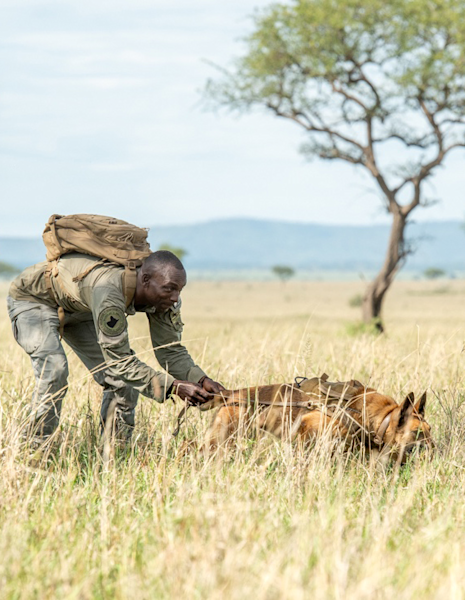
Safeguarding Vulnerable Species
Constantly on high alert, ever vigilant, and adapting to the ongoing poaching threat, the Malilangwe Scouts are at the forefront of the war on poaching
While anti-poaching scouts have always been part of The Malilangwe Trust’s measures to protect the Reserve’s wildlife and wilderness, the mounting scourge of organised poaching increasingly called for intensifying their efforts.
In 2007, when rhino poaching reached crisis levels in southern Africa and threats to the Reserve intensified, the Trust responded by re-fencing the entire property, increasing scouts’ numbers and improving their equipment and training.
The scouts’ training includes physical fitness, tracking, first aid, weapons training, radio communications and GPS proficiency – and the physical and mental challenges of this training push these men beyond what they believe they are capable of. At the end of the six-month course, a select few take their places as Malilangwe Scouts. Refresher training happens every three months.
In 2007, when rhino poaching reached crisis levels in southern Africa and threats to the Reserve intensified, the Trust responded by re-fencing the entire property, increasing scouts’ numbers and improving their equipment and training.
The scouts’ training includes physical fitness, tracking, first aid, weapons training, radio communications and GPS proficiency – and the physical and mental challenges of this training push these men beyond what they believe they are capable of. At the end of the six-month course, a select few take their places as Malilangwe Scouts. Refresher training happens every three months.
Key Successes
chevron-right
How can I support this project?
chevron-right
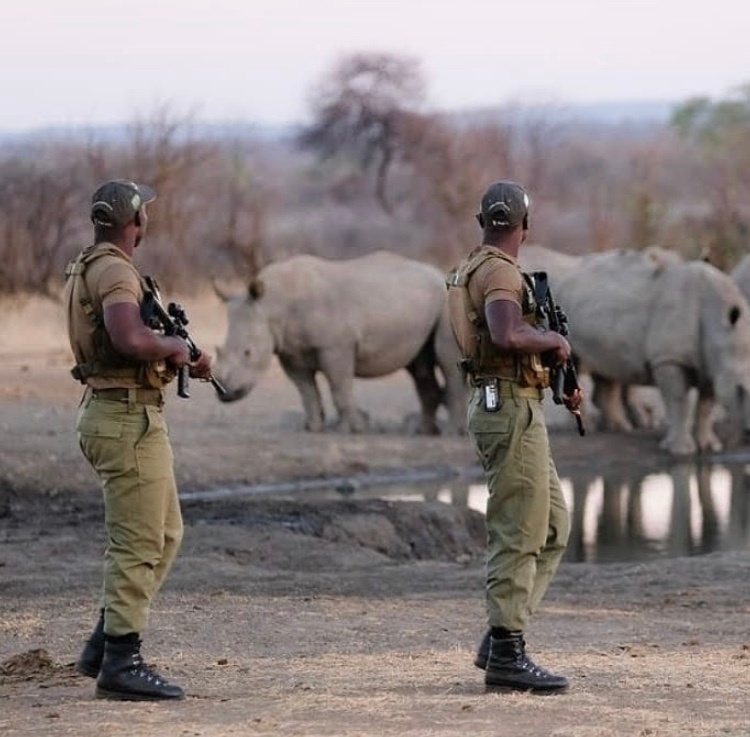
Safeguarding Vulnerable Species - Anti-Poaching Unit
BiodiversityShare:
Conservation Partner
Malilangwe Trust
As custodians of the Malilangwe Wildlife Reserve in Zimbabwe, the Malilangwe Trust manages the conservation of this pristine wilderness – which comprises 38 different habitats and ecological zones in 115,000 acres of protected land.
After successfully introducing 28 black and 15 white rhinos to the reserve in 1998, it is now home to a globally significant population of both and the programme has been so successful that it is a source for restocking rhinos in other reserves on the continent.
The Trust has developed a blueprint for creating harmony between conservation initiatives and community development in villages that neighbour wildlife areas and ensured a sanctuary for a wide range of wildlife, including breeding herds of rare antelope species such as sable and roan.
An onsite Environmental Education Centre for school teachers and children allows them to immerse themselves in Outdoor Education and fieldwork, while the Trust’s nutrition programme provides 20,000 children with a fortifying meal before school every day in order to address increasing food insecurity in the region.
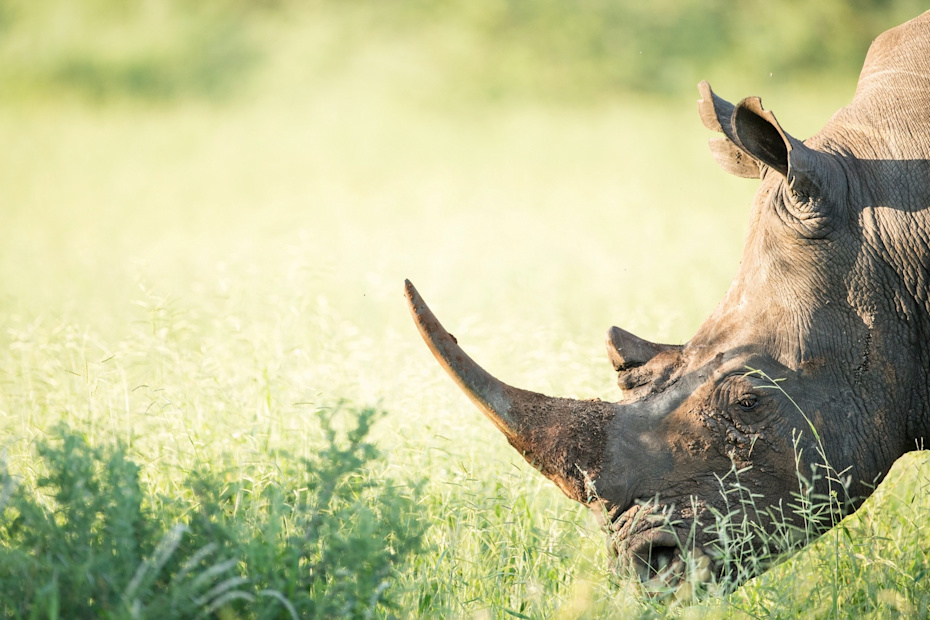
Other Biodiversity Projects
AllTanzaniaSouth AfricaRwandaZimbabwe
AllTanzaniaSouth AfricaRwandaZimbabwe

